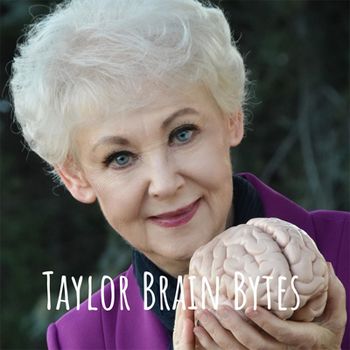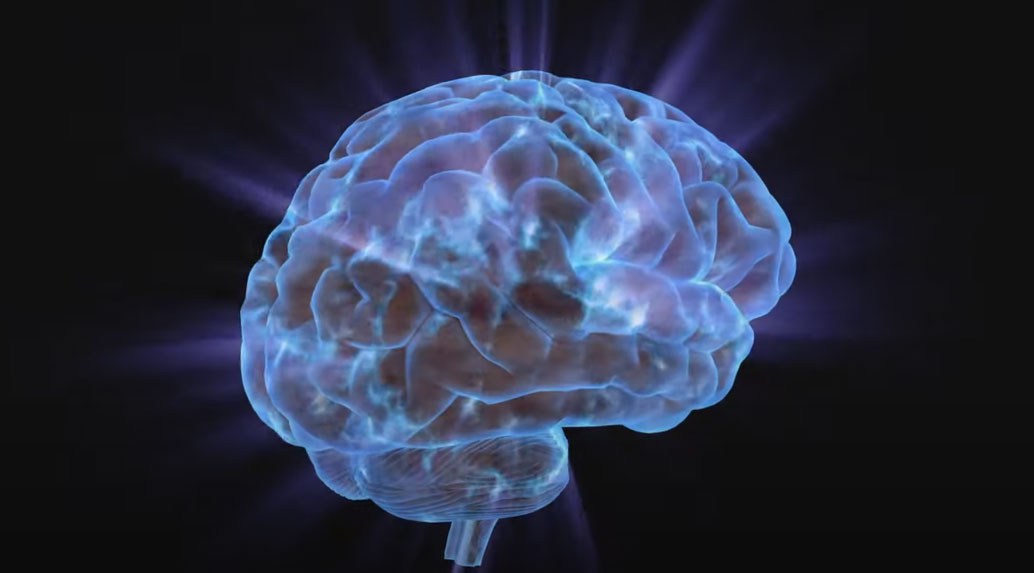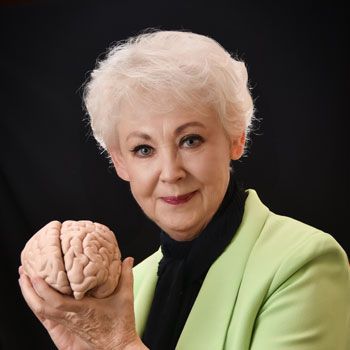The Physiology of Forgiveness
©Arlene R. Taylor PhD www.arlenetaylor.org
Forgiveness is giving up the wish that things could be different.
—Valarie Harper
 The woman made her way slowly and painfully across my office and into a chair. Her name was Jayla. Attractive face, in her early forties, mahogany hair pulled back in a low pony tail. And obviously in great discomfort. As she began her story, tears coursed silently down her face and fell onto hands clasped tightly in her lap.
The woman made her way slowly and painfully across my office and into a chair. Her name was Jayla. Attractive face, in her early forties, mahogany hair pulled back in a low pony tail. And obviously in great discomfort. As she began her story, tears coursed silently down her face and fell onto hands clasped tightly in her lap.
Several years before, Jayla had returned home early from a meeting to discover her husband in bed with the babysitter. “I’ve tried to get over it,” she said. “We got a new bed and redecorated the room. We went to counseling. I’ve tried everything, I really have, but nothing has worked. Every time I looked at him all I could see in my mind’s eye was the two of them in our bed amidst rumpled sheets. And to add insult to injury, a few weeks ago my doctor told me I had an autoimmune disease. I’m always in pain. Everything about my body aches.”
“Have you tried changing the picture in your mind’s eye?” I asked. “Every time that old picture pops up have you purposefully looked at a new replacement picture?”
She shook her head. “That psychological stuff doesn’t work with me.”
I smiled. “It’s brain-function stuff.”
She rolled her eyes and continued. “As I said, I tried everything but nothing worked. Finally I asked him to move out.”
“And how is that working?” I asked. Silence and more tears.
Finally I said, “It appears to me that you are still sad. It’s been five years since the incident. Tell me specifically you are still sad about.”
In a nanosecond her entire demeanor changed. Her black eyes blazed fire and indignation. “What do you think I’m sad about?” she shouted. “Are you a moron? He ruined my life. That’s what I’m sad about!”
It also appeared to me that sadness was the least of it. Jayla was livid! For several minutes she raged about the injustice of life. After all, she had been a good wife and mother and did not deserve this. Finally she wound down and took a deep breath.
“Have you tried forgiving him?” I asked.
“He asked me many times to forgive him but I couldn’t,” she replied quickly, shaking her head. “It was all just too egregious. Now it’s too late. He remarried last month. Besides, why should I forgive him? He doesn’t deserve to be forgiven.”
“None of us deserves to be forgiven for our faux pas,” I said.
“Faux pas!” Jayla screamed. “Are you kidding me? What he did was absolutely unforgivable. It ruined my life. Faux pas indeed!”
I couldn’t help smiling, although I did my best to squelch it. My French heritage had bubbled up. An unfortunate choice of words. “You could forgive him,” I explained, “as a gift to yourself. It’s never too late to forgive. The person could have died and you could still forgive.”
Some definitions for forgiveness focus on reducing unforgiveness. Many acts have the potential to reduce unforgiveness and are thus often confused with forgiveness. As one researcher put it, successful vengeance will eliminate unforgiveness, but no one would confuse vengeance with forgiveness.
I explained that at least two types of forgiveness pop up in the literature: decisional forgiveness and emotional forgiveness.

- Decisional forgiveness is a behavioral intention to resist an unforgiving stance and to respond differently toward a transgressor.
- Emotional forgiveness is the replacement of negative unforgiving emotions with positive other-oriented emotions. Emotional forgiveness involves psychophysiological changes, and it has more direct health and well-being consequences.
Jayla could begin with decisional forgiveness and, hopefully, move on to emotional forgiveness. “The bottom line,” I explained, “is that forgiveness and forgiving appear to be critical to high-level wellness living.”
According to internationally renowned cardiologist, Herbert Benson, “There's something called the physiology of forgiveness. Being unable to forgive other people's faults is harmful to one's health.”
As recently as a few years ago it would have been difficult to find much information on the physiology of forgiveness. Few people realized that “forgiveness research” even existed. Although the field is admittedly new, it has grown exponentially over the past decade. Studies have shown that there is not just a psychology underlying forgiveness but a physiology as well. An inability or unwillingness to forgive has been linked with a variety of health hazards. In fact, it appears that the one who forgives, benefits more than the one who is forgiven. Who knew?
“But it’s not fair. What he did wasn’t fair or right,” Jayla said.
I nodded in agreement. “What he did wasn’t fair or right. Forgiving him doesn’t make what he did fair or right. It doesn’t erase what happened. As Valerie Harper put it, ‘Forgiveness is giving up the wish that things could be different.’ Forgiveness is about you and your health. When you forgive, you tend to benefit more than the one who is forgiven."
“But I don’t feel like forgiving him,” said Jayla. “I don’t want to forgive him.”
“Think of it this way,” I continued. “Forgiveness is a gift you give to yourself, a way to stop harboring destructive feelings that sap health and happiness. A way of helping yourself to feel better. Forgiveness just might improve your health.”
As the Doctors Fox put it, when you say, “I forgive you” you’re also saying, “I want to be healthy.” The act of forgiving allows the body to turn down the manufacture of catabolic chemicals, and instructs the subconscious to banish negative feelings from the mind.
Silence.
“Forgiveness has less to do with others,” I said, “and everything to do with the forgiver. In this case that would be you.”
More silence.
Finally Jayla shook her head violently. She would have none of it. Rising from the chair, she painfully made her way toward the door.
“Think about it,” I urged.
Her parting comment sounded like, “I’ll think about it and let you know.” It was hard to be sure. Her words sounded like they were being forced out through gritted teeth.
Several days passed. The weekend came and went and was followed by another. Then one morning the you-have-a-call light on my office phone was lit. Picking up the receiver I accessed voicemail and heard Jayla’s bitter voice: “I’ve decided. I won’t do it. I’ll die first!”
I replaced the receiver, regretfully. Yes, Jayla probably would die well before her life-span had been reached¾a devastation that might have been avoided had she been willing to forgive.
Forgiveness is a choice. Do you need to forgive yourself for something? Anybody in your life you need to forgive? How healthy do you want to be? Forgiveness is a gift you give yourself. Do it.




